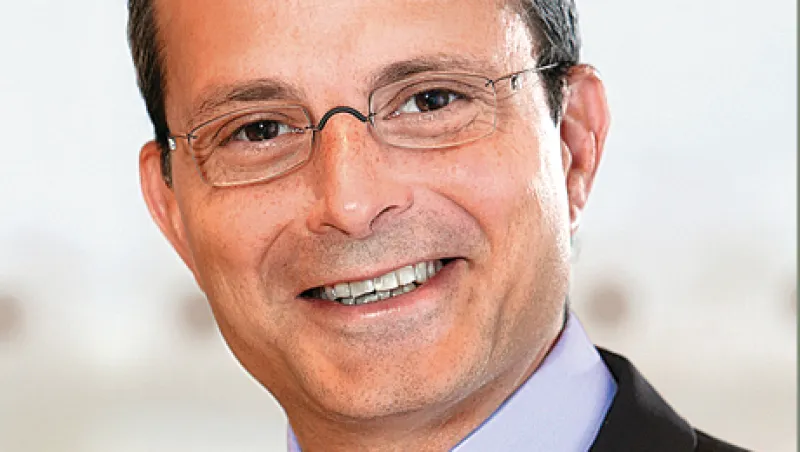
Glencore-Xstrata Rainmaker Michel Antakly Talks European M&A
Morgan Stanley's Michel Antakly was his firm's lead banker for commodities trading giant Glencore International's $45.8 billion merger with miner Xstrata.
David Rothnie
February 25, 2013


